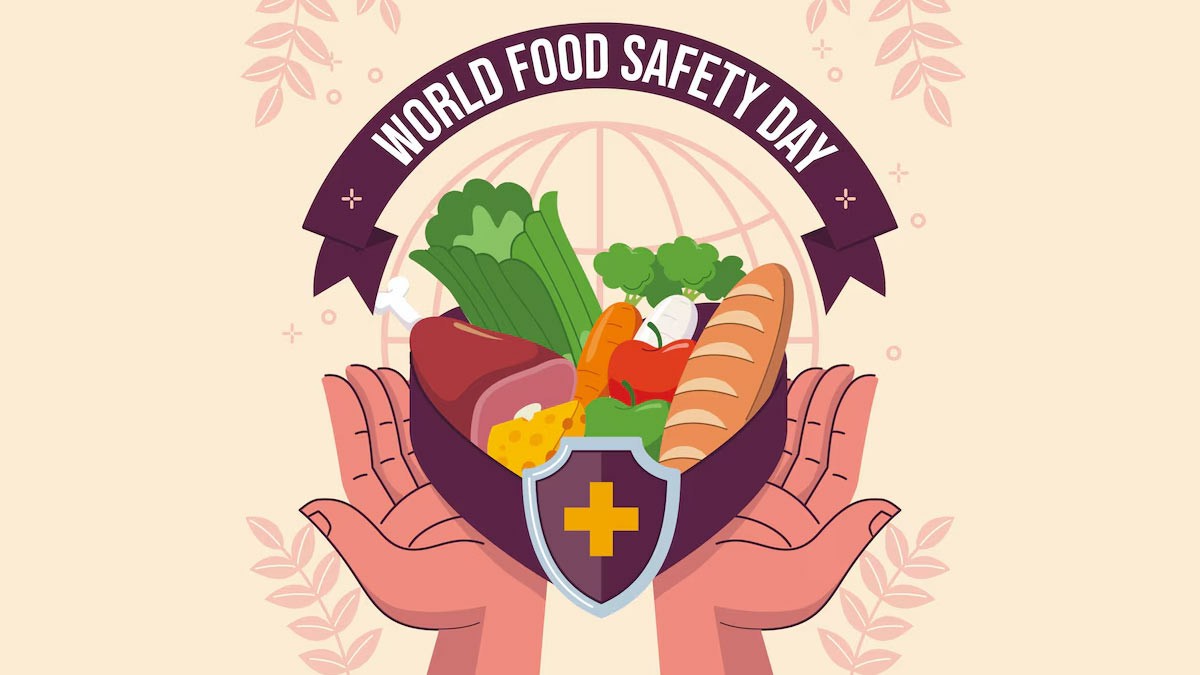Unlocking Food Safety: The Essential Role of HACCP Certification for Irish Businesses
Food safety is paramount for any food-related business. In Ireland, securing HACCP (Hazard Analysis and Critical Control Points) certification is critical to ensure compliance with local and EU food safety regulations. Whether your establishment is in bustling Dublin, picturesque Cork, vibrant Galway, or historic Limerick, adhering to HACCP guidelines can help prevent health risks related to food contamination.
What is HACCP? Understanding Its Role in Food Hygiene & Risk Management
HACCP is a systematic approach to food safety that focuses on identifying and controlling potential hazards that could compromise the safety of food products. It involves seven key principles:
- Conduct a Hazard Analysis: Identify potential hazards that could affect food safety in your operation.
- Determine Critical Control Points: Points in the process where hazards can be prevented, eliminated, or reduced.
- Establish Critical Limits: Set maximum or minimum limits for each critical control point.
- Establish Monitoring Procedures: Implement methods to monitor critical control points.
- Establish Corrective Actions: Determine actions to be taken when monitoring indicates that a critical limit has not been met.
- Establish Verification Procedures: Ensure that the HACCP system is working effectively.
- Establish Record-Keeping and Documentation: Maintain accurate records of all procedures and monitoring.
The Benefits of HACCP Training: Ensuring Food Safety Standards in Ireland
HACCP training equips food business owners, managers, and staff with essential knowledge and skills to implement HACCP principles effectively. Here are some major benefits:
- Compliance with Regulations: HACCP certification is often mandated by law, ensuring your business meets all EU and Irish food safety regulations.
- Enhanced Food Safety: Training helps staff recognize hazards, leading to improved food hygiene practices.
- Risk Reduction: Implementing HACCP reduces the risk of foodborne illnesses, safeguarding public health.
- Customer Trust: Displaying HACCP certification enhances your reputation, instilling trust in customers.
- Reduction in Waste: HACCP principles streamline processes, which can lead to less food waste.
Step-by-Step Guide to Getting HACCP Certification for Your Business
Obtaining HACCP certification may seem overwhelming, but following a structured approach simplifies the process:
- Enroll in HACCP Training Courses: Start by enrolling in HACCP training, available online or in-person across major Irish cities.
- Conduct a Hazard Analysis: Assess your current operations to identify potential hazards.
- Develop a HACCP Plan: Based on your analysis, create a comprehensive HACCP plan outlining critical control points and procedures.
- Implement and Train Staff: Ensure that all staff are trained on the HACCP plan and understand their roles.
- Verify Your System: Regularly check that your HACCP plan is functioning as intended and make adjustments as necessary.
- Apply for Certification: Once confident in your HACCP plan, apply for certification through an accredited body.
Common HACCP Violations and How to Prevent Them
Even with training, common violations can occur. Here’s how to avoid them:
- Lack of Documentation: Keep thorough records to help track compliance and identify potential issues.
- Poor Staff Training: Regularly train staff to ensure everyone is aware of HACCP practices and changes.
- Inadequate Monitoring: Assign responsibilities for continuous monitoring of critical control points.
How HACCP Compliance Strengthens Business Reputation and Customer Trust
Complying with HACCP guidelines not only protects your customers but also bolsters your business's reputation. Customers are increasingly seeking out businesses that demonstrate commitment to food safety through certifications like HACCP.
How to Conduct a HACCP Audit for Your Food Business
Regular HACCP audits are essential to ensuring ongoing compliance. Consider these steps:
- Review Your HACCP Plan: Confirm all procedures are up-to-date and reflective of current operations.
- Inspect Critical Control Points: Ensure all monitoring equipment is functioning and documentation is complete.
- Gather Feedback: Consult with staff to identify areas for improvement.
Conclusion & Call to Action
HACCP certification is not just about compliance; it's about creating a culture of food safety. By enrolling in HACCP training courses, food businesses in Dublin, Cork, Galway, and other cities can safeguard their operations and build trust with customers. Take the first step towards ensuring food safety in your establishment today by visiting HACCP Training Courses or contacting us at [email protected].



 349,500 Offered Certificates
349,500 Offered Certificates
 24/7 Online Training
24/7 Online Training
 Money Back Guarantee
Money Back Guarantee
 Fully Accredited Courses
Fully Accredited Courses
